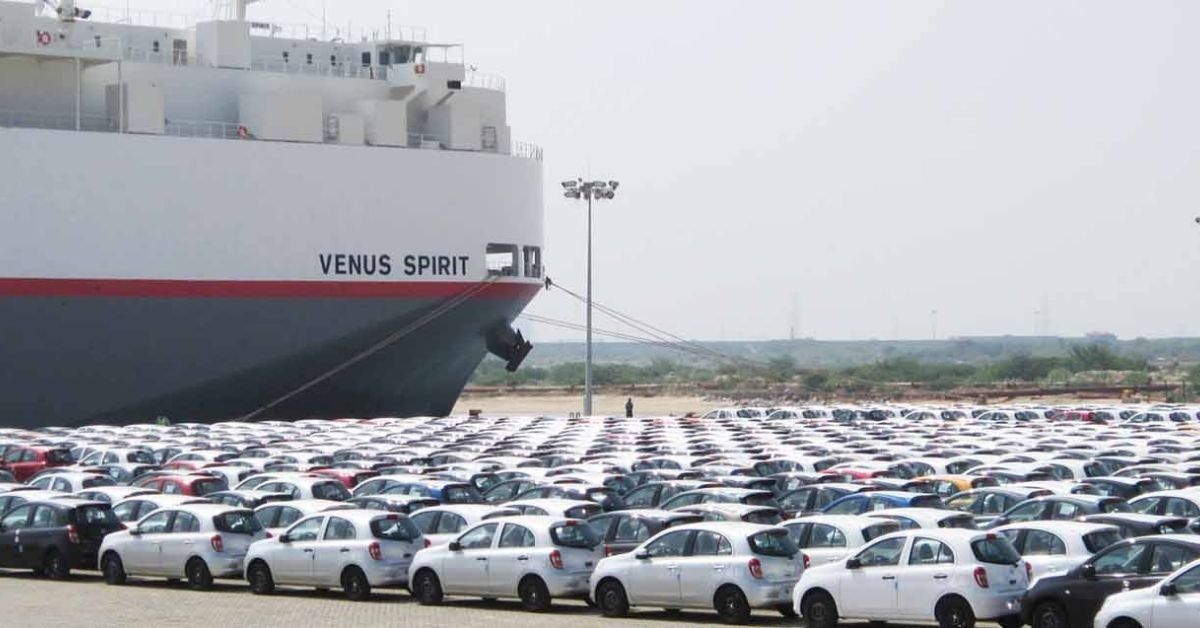He said that the ‘Rules of Origin’ have to be such that they do not impact the Indian automobile sector negatively.
“FTA with the UK is in the pipeline…we are negotiating. We are also very keen to see that not only do we open up the automobile market, but we also see that we do not unduly lose the level playing field vis-a-vis the UK.
“And we looked at their Rules of Origin very, very closely. We negotiated with them (the UK), and we told them that Rules of Origin have to be such that they do not negatively impact our automobile sector market,” Barthwal said here while addressing leaders of the auto industry.
The ‘Rules of Origin’ provision prescribes minimal processing that should happen in the FTA country, the UK in this case, so that the final manufactured product may be called originating goods in that country.
Under this provision, a country that has inked an FTA with India cannot dump goods from some third country in the Indian market by just putting a label on it. It has to undertake a prescribed value addition in that product to export to India. Rules of Origin norms help contain the dumping of goods.
The secretary said that the government has rolled out the production linked incentive (PLI) scheme for the auto sector “for a certain period and it should not be disturbed through the FTA, till that phase is over”.
“So, we have also taken care of that till the time the PLI scheme is there. In fact, that is a policy decision that it (PLI) should not be disturbed, and you should reap the full benefits of the PLI within the sector,” he added.
The fiscal incentive scheme was approved in 2021 with a budgetary outlay of ₹25,938 crore to boost the domestic manufacturing capabilities of the automobile industry, including electric and hydrogen fuel cell vehicles.
The scheme aims to incentivise high-value advanced automotive technology vehicles and products such as sunroofs, adaptive front lighting, automatic braking, tyre pressure monitoring systems and collision warning systems, among others.
The India-UK talks for the proposed agreement began in January 2022. The 14th round of talks stalled as the two nations stepped into their general election cycles.
There are pending issues in both the goods and services sectors.
The Indian industry is demanding greater access for its skilled professionals from sectors like IT and healthcare in the UK market, besides market access for several goods at nil customs duty.
On the other hand, the UK is seeking a significant cut in import duties on goods such as scotch whiskey, electric vehicles, lamb meat, chocolates and certain confectionary items.
Britain is also looking for more opportunities for UK services in Indian markets in segments like telecommunications, legal and financial services (banking and insurance).
The two countries are also negotiating a bilateral investment treaty (BIT).
There are 26 chapters in the agreement, which include goods, services, investments and intellectual property rights.
The bilateral trade between India and the UK increased to $21.34 billion in 2023-24 from $20.36 billion in 2022-23.
Barthwal also said that there are huge export opportunities for the automobile sector in the global markets such as the European Union and the African nations.
Africa has potential for two-wheelers, tractors, agri vehicles like harvesters and public transport.
“The US of course (is a big market but), there is protectionism which is coming. They are also keen to develop their manufacturing. But I think the market is so huge that everybody is eyeing that market, and we should also eye that market,” he added.







